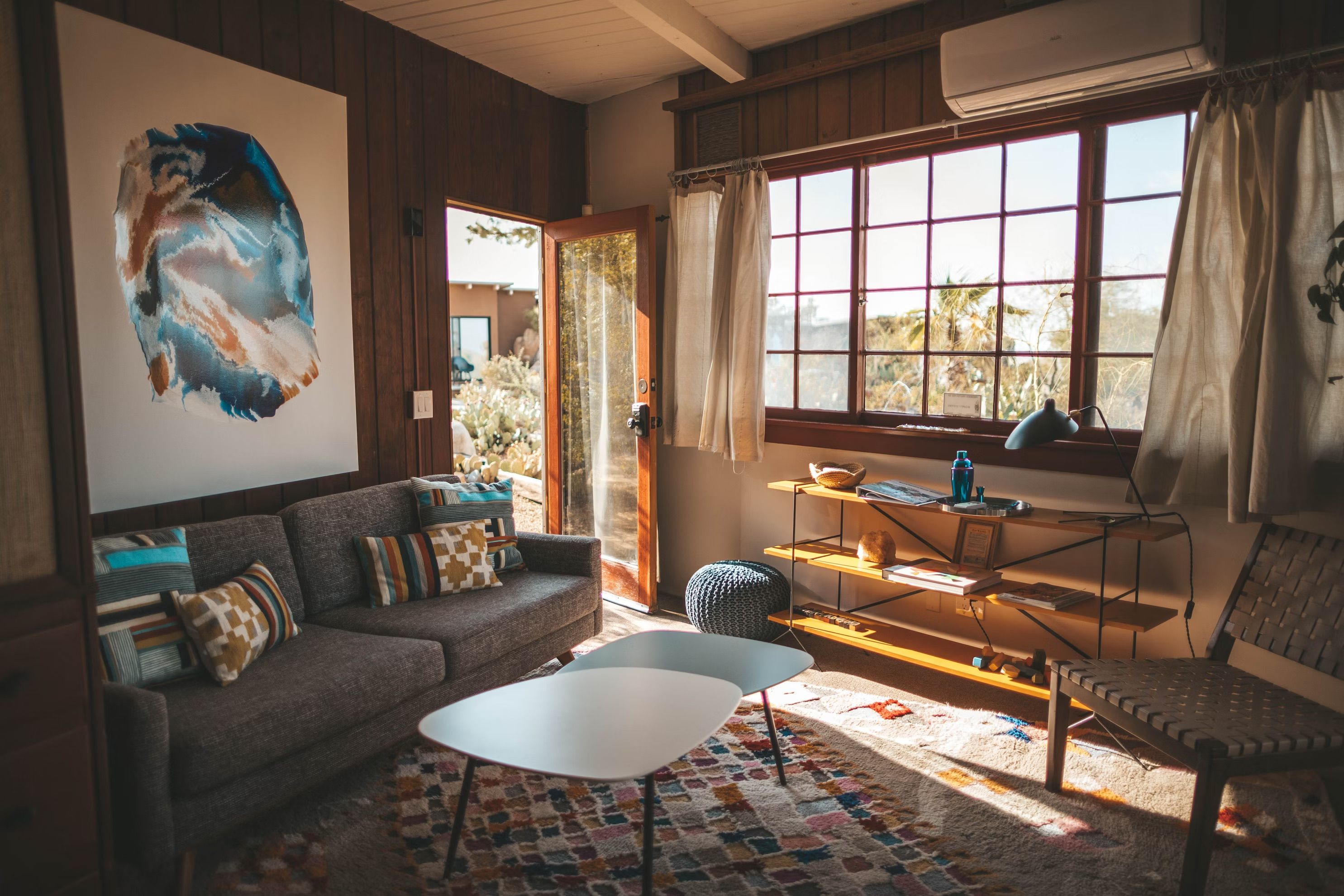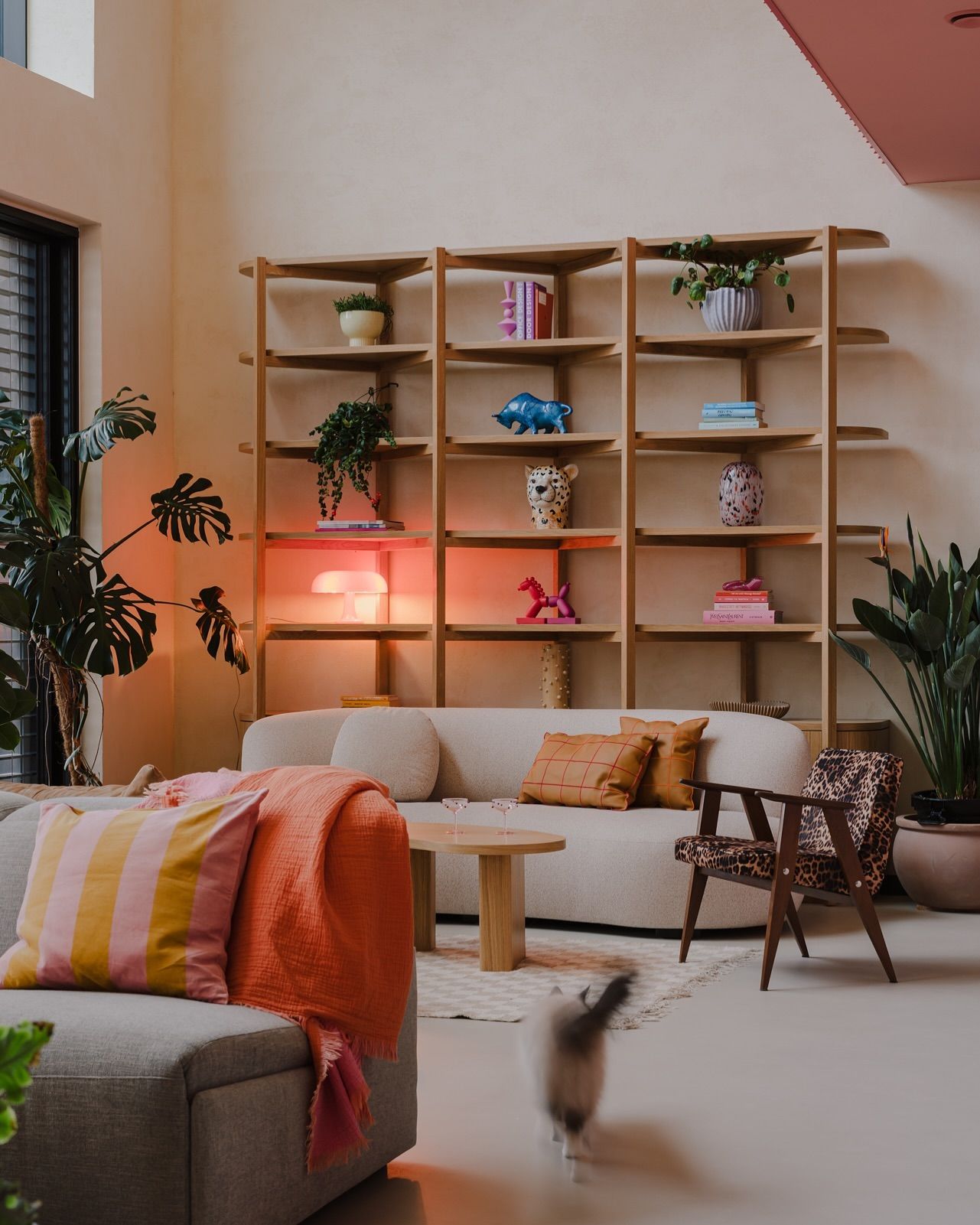Discover Shower & Bathtub Doors
Spoken matches shower and bathtub doors across 100s of stores to find you the best price.



Quick facts
Can't find the answer you're looking for? Please get in touch with our friendly team.
Is it cheaper to tile a shower or use panels?
Using panels is generally cheaper than tiling a shower. Panels often have lower material and installation costs, while tiles can require more labor and time. However, the final cost can vary based on the materials chosen and the size of the shower.
What type of shower door is easiest to install?
Frameless shower doors are typically the easiest to install because they require fewer components and less precise measurements compared to framed options. They usually come with simple mounting hardware and can often be adjusted during installation for a better fit.
How much to install shower doors on a bathtub?
Installing shower doors on a bathtub typically costs between $200 and $600. This price includes materials and labor. Factors like the type of doors, complexity of installation, and your location can affect the final cost.
Can you replace just the doors on a shower?
Yes, you can replace just the doors on a shower. Make sure to measure the existing door frame and choose compatible doors. This can be a cost-effective way to update your shower without replacing the entire unit.
Are bathtub doors a good idea?
Bathtub doors can be a good idea as they help contain water, reducing spills and keeping the bathroom cleaner. They also offer a sleek look compared to shower curtains. However, they may require more maintenance and can be less accessible for individuals with mobility issues.
How much does it cost to enclose a shower?
The cost to enclose a shower typically ranges from $500 to $2,500, depending on materials and design. Basic glass or acrylic enclosures are more affordable, while custom options or high-end materials can increase the price significantly.
Category Overview
Introduction
Shower and bathtub doors serve a crucial role in any home’s bathroom. These fixtures not only provide privacy during your bathing routine but also enhance the overall comfort and aesthetic appeal of the space. By keeping water contained, they offer utility that translates into a safer, tidier bathroom environment, while their design can reflect your personal style—turning an everyday bath into a soothing retreat.
Functionality
The primary function of shower and bathtub doors is to act as a barrier that prevents water from splashing onto the bathroom floor. They come in various configurations, including hinged or sliding styles, making them versatile for different spaces. In smaller bathrooms, sliding doors can save precious space, while hinged doors may lend a more traditional feel to larger bathrooms. Unique features such as easy-clean glass coatings or magnetic seals add convenience and enhance functionality.
Design & Style
Shower and bathtub doors are available in a range of materials such as tempered glass, acrylic, and even framed options using metal finishes like chrome or brushed nickel. Common design styles include sleek modern lines for contemporary homes or ornate frames for traditional settings. You can personalize these fixtures to complement your decor theme—whether it’s pairing frameless glass with a minimalist aesthetic or choosing frosted glass panels for a touch of elegance in rustic settings. If you’re aiming for cohesion in your bathroom decor, consider how your shower or bathtub door might match elements like cabinetry or hardware.
Practical Considerations
When selecting shower or bathtub doors, consider room size: a spacious master bath may accommodate larger designs without feeling cramped while smaller guest baths might benefit from minimalist sliding options. Durability is also key; if you anticipate heavy usage, opt for robust materials designed to withstand moisture over time. Avoid common pitfalls such as neglecting proper measurements during installation or choosing designs that clash with existing decor—both could lead to frustration rather than satisfaction.
Comparison and Alternatives
When it comes to materials, tempered glass offers clarity and durability but may require more upkeep compared to acrylic options which are lighter and often easier to clean. Additionally, consider whether you prefer rounded edges commonly found on shower enclosures versus rectangular designs which can lend a more streamlined appearance. Ultimately, align your choice with the overall size and style of your bathroom—ensuring harmony between practicality and aesthetics will enhance both functionality and visual appeal.
Trends and Popular Items
Current trends in shower and bathtub doors showcase an increasing preference for frameless designs that emphasize openness and light while providing an air of luxury. Mixed materials are also gaining traction; combining sleek metals with textured glass can create striking contrasts that elevate your space. Homeowners today often lean towards minimalist approaches paired with smart technology features like automatically closing mechanisms—a nod towards convenience without compromising style. In summary, investing in the right shower or bathtub door not only elevates the look of your bathroom but also enhances its functionality—making it an essential consideration for any homeowner looking to improve their living space.